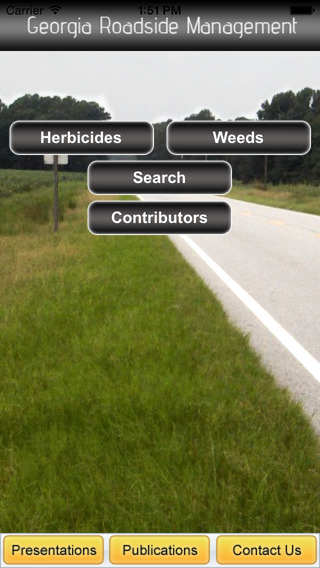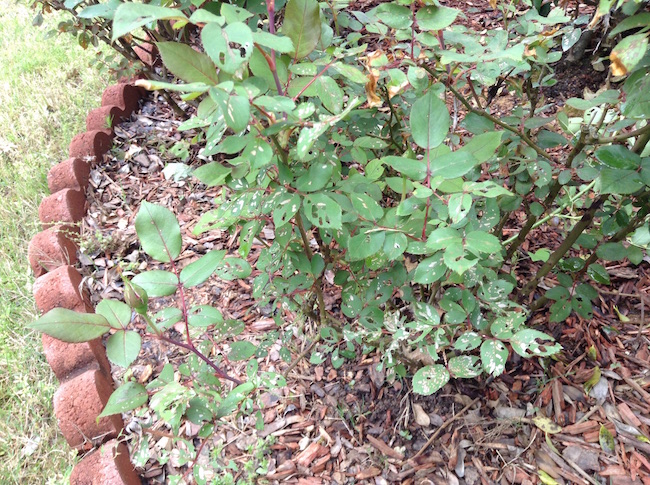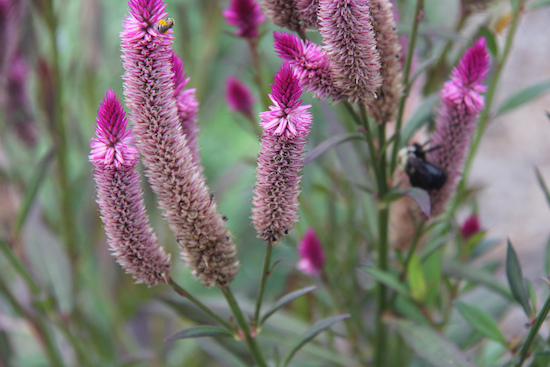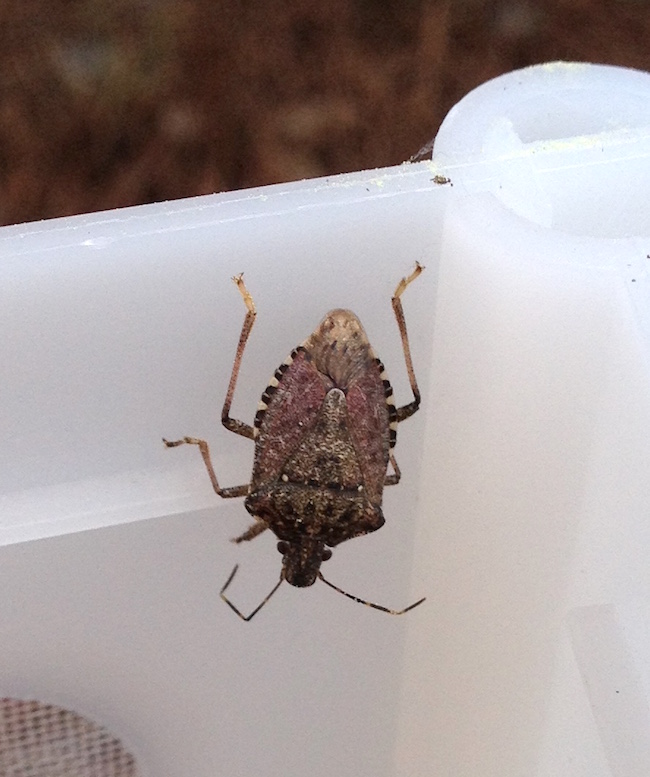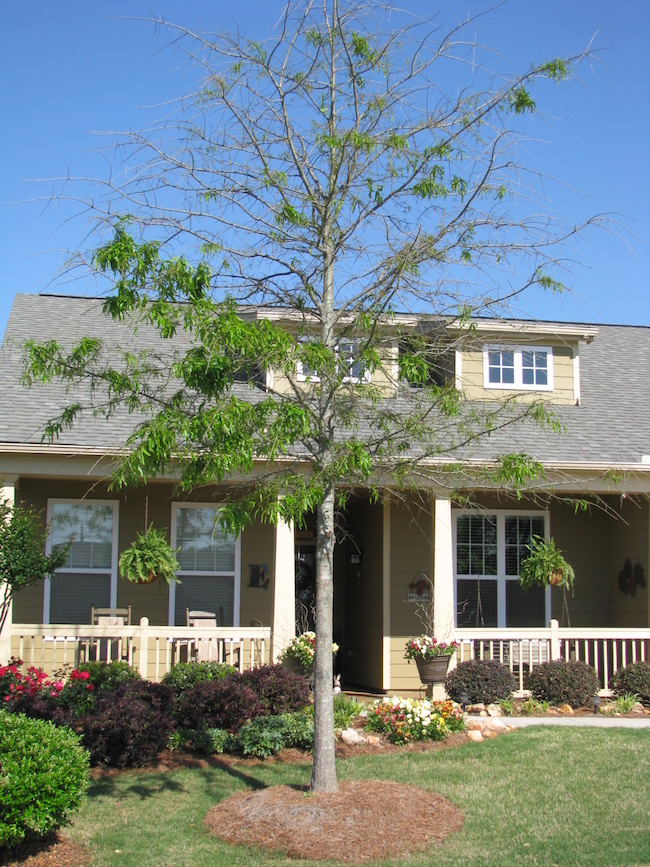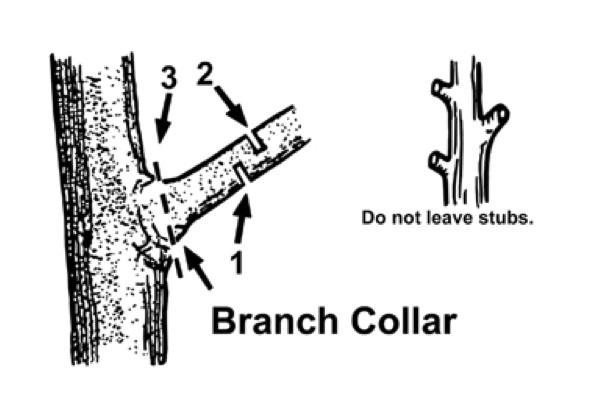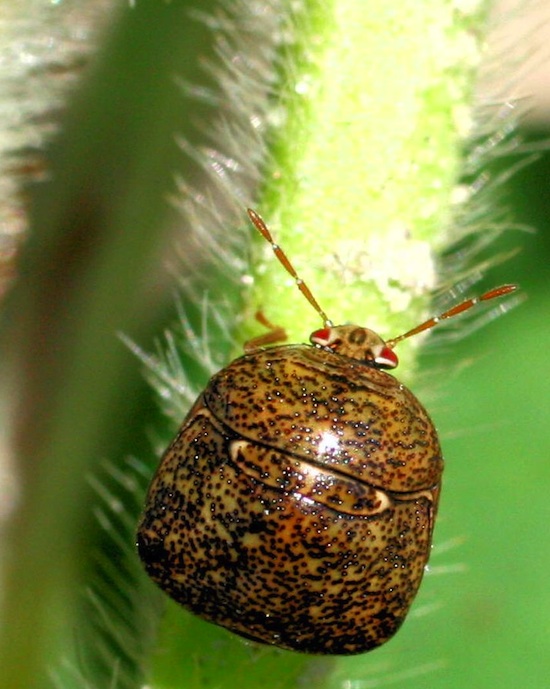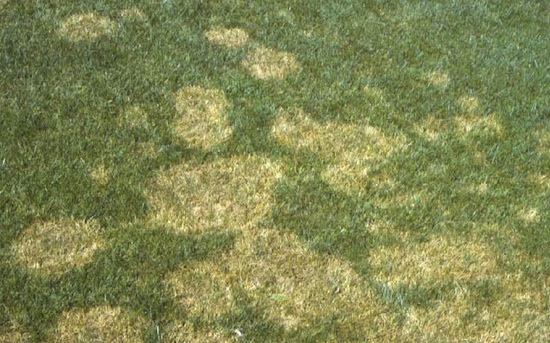 CAES News
CAES News
Lawn Soil Tests
In home lawns, a routine soil test will help reveal any underlying issues relating to soil nutrition or pH. This is often the first step to ruling out any problems like thin spots and dead patches.

